We aim to improve the health of women, children, and adolescents in low-, middle-, and high-income countries via inclusive engagement and intervention with community members and healthcare providers.
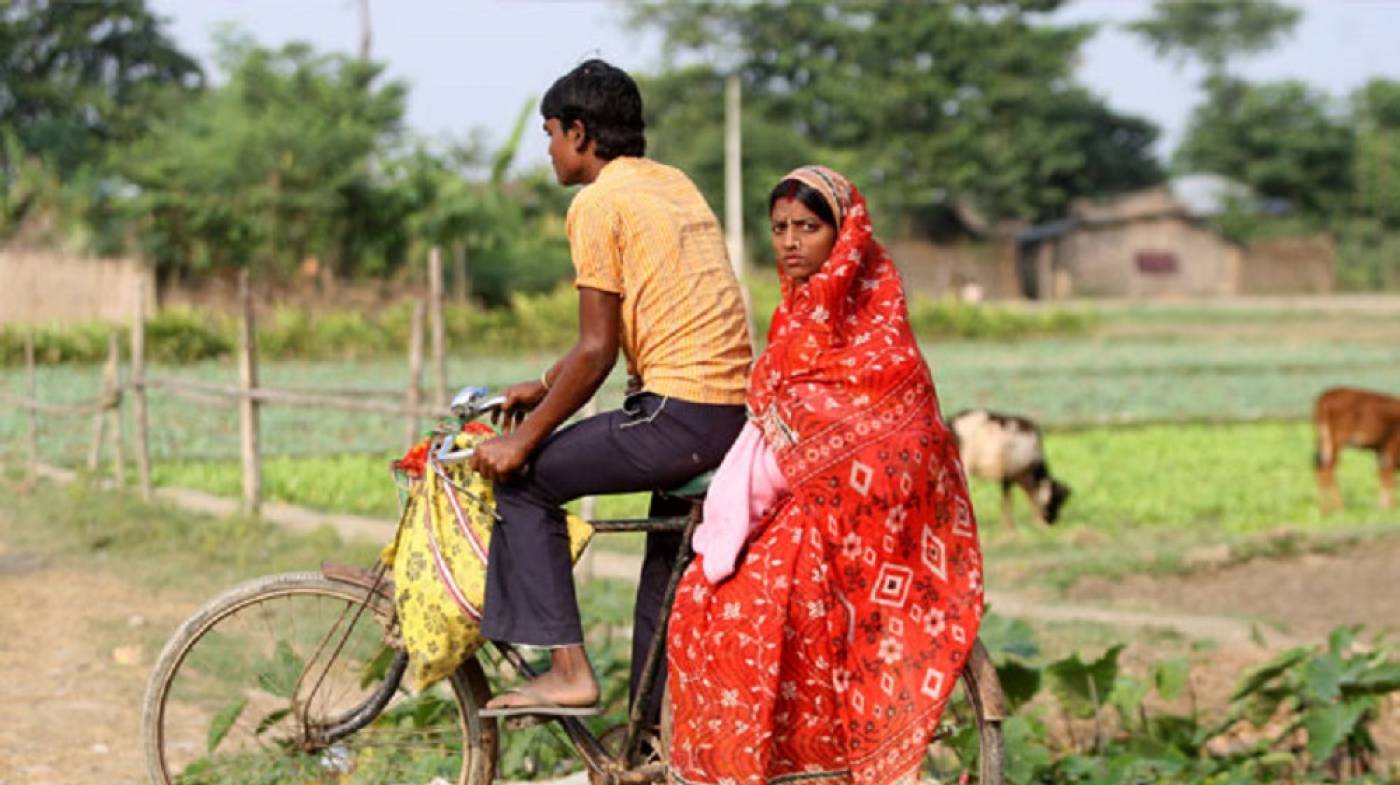
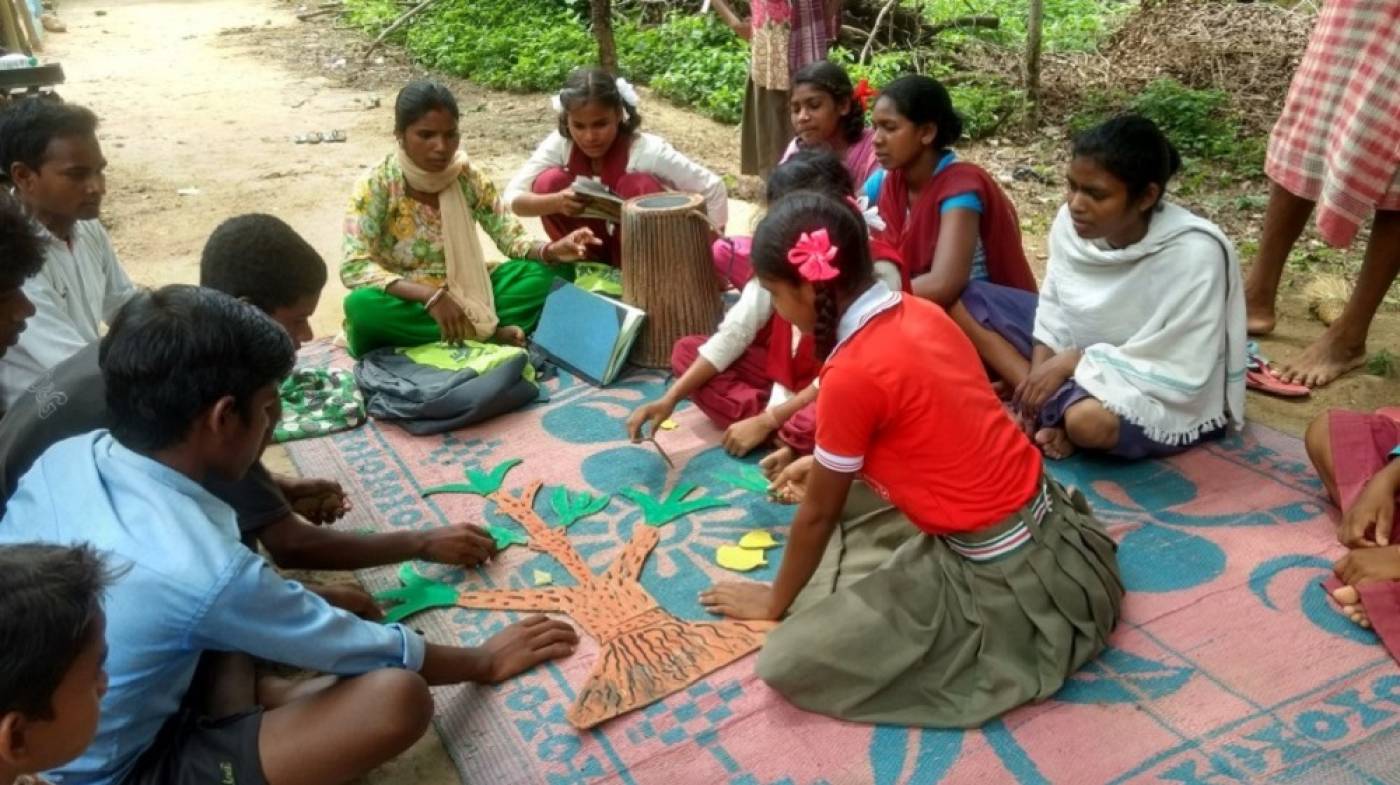

Improving the evidence around preventing violence against women in Peru and Samoa
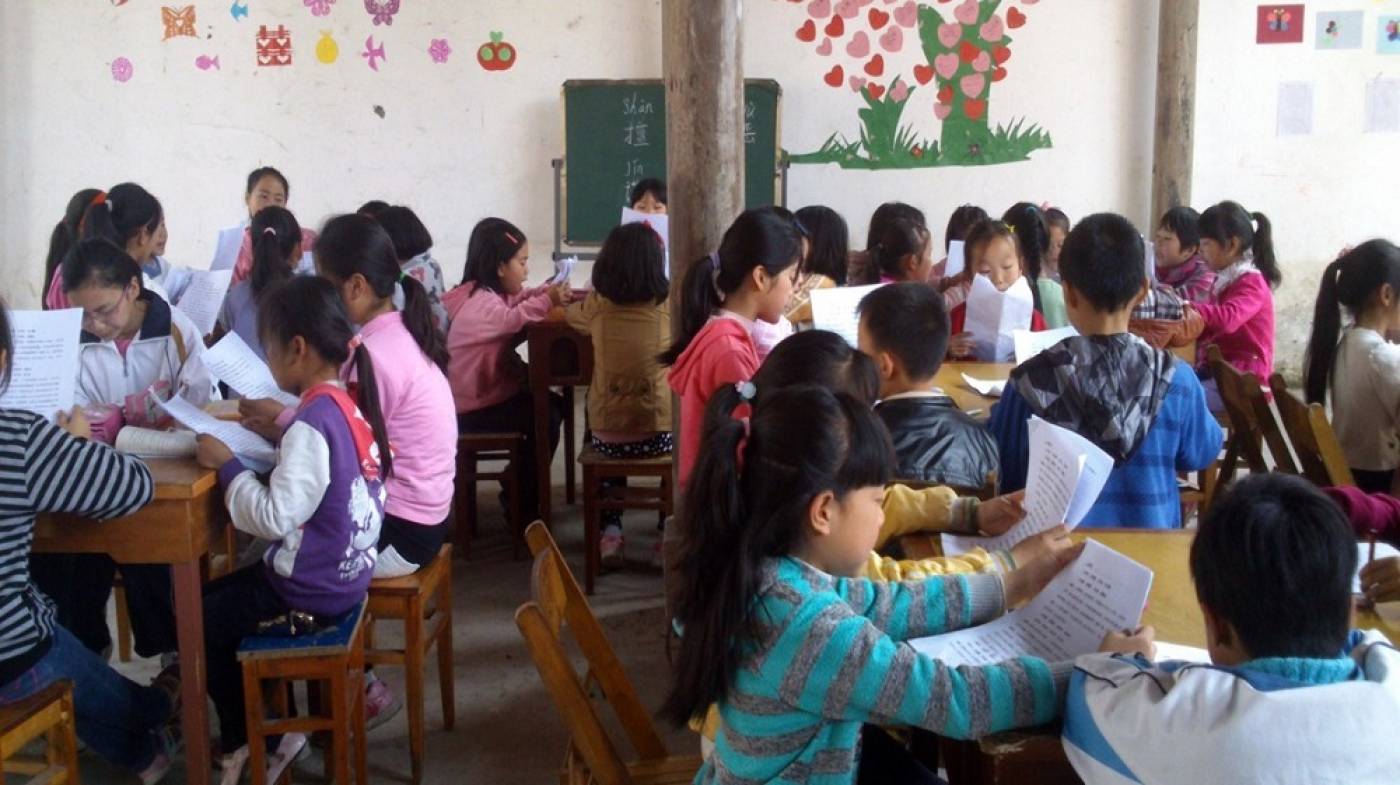
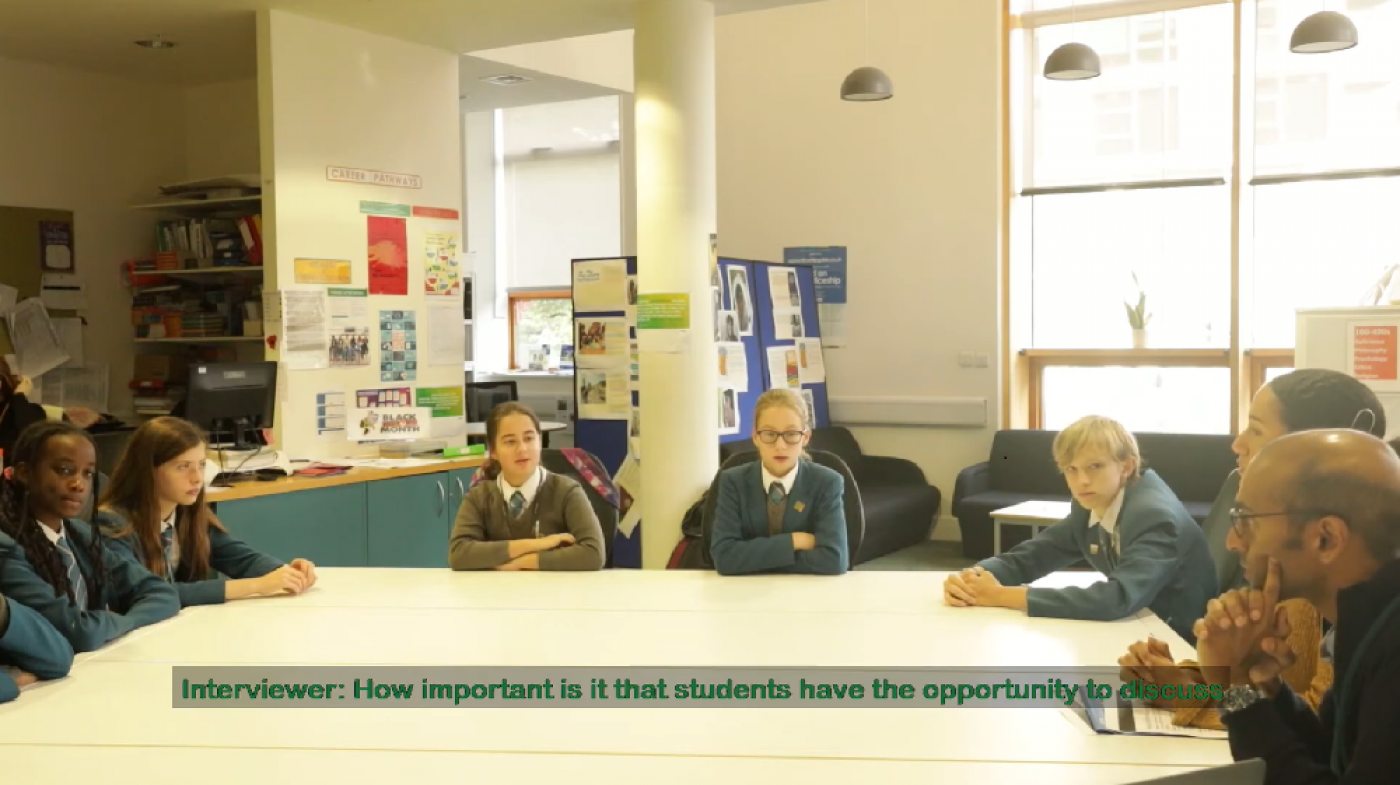
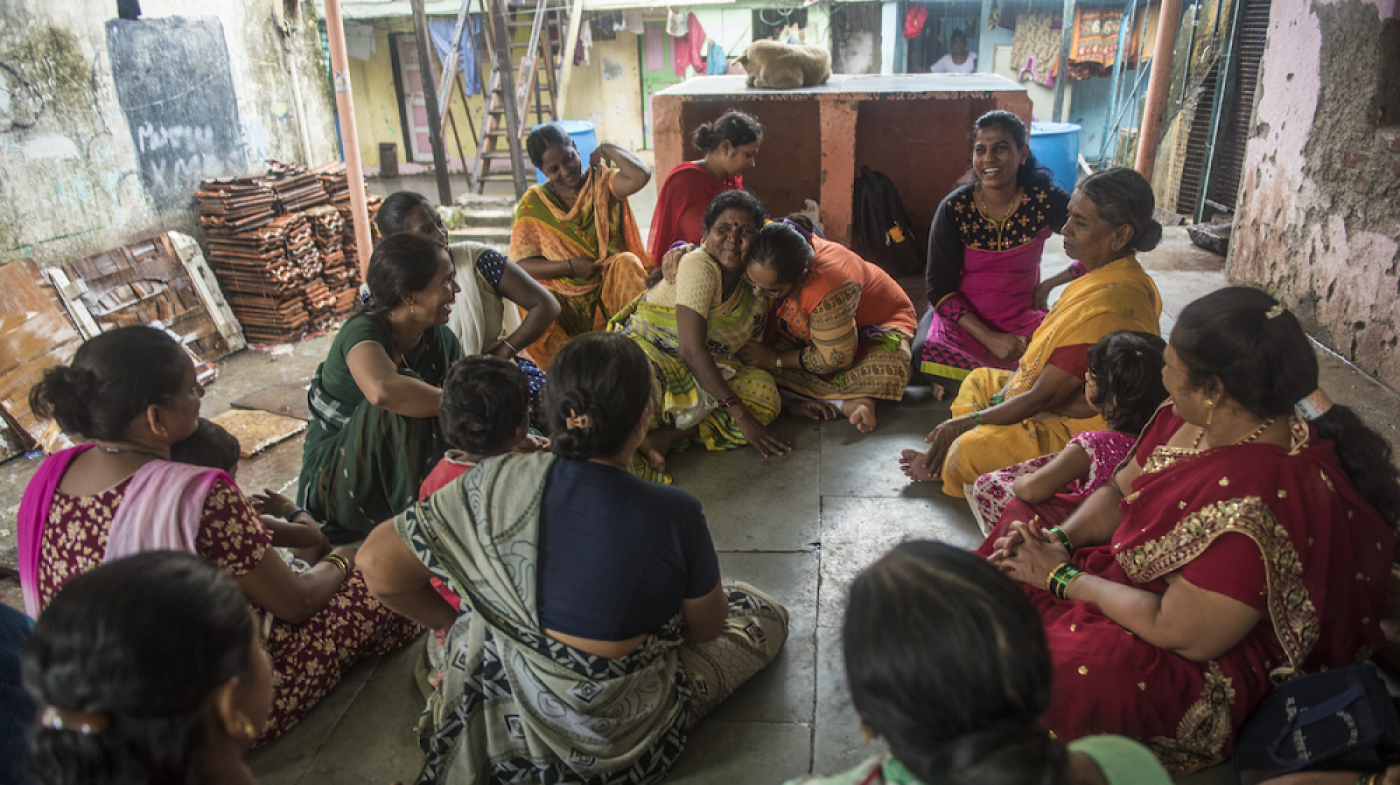
Preventing violence against women and girls in informal settlements in Mumbai
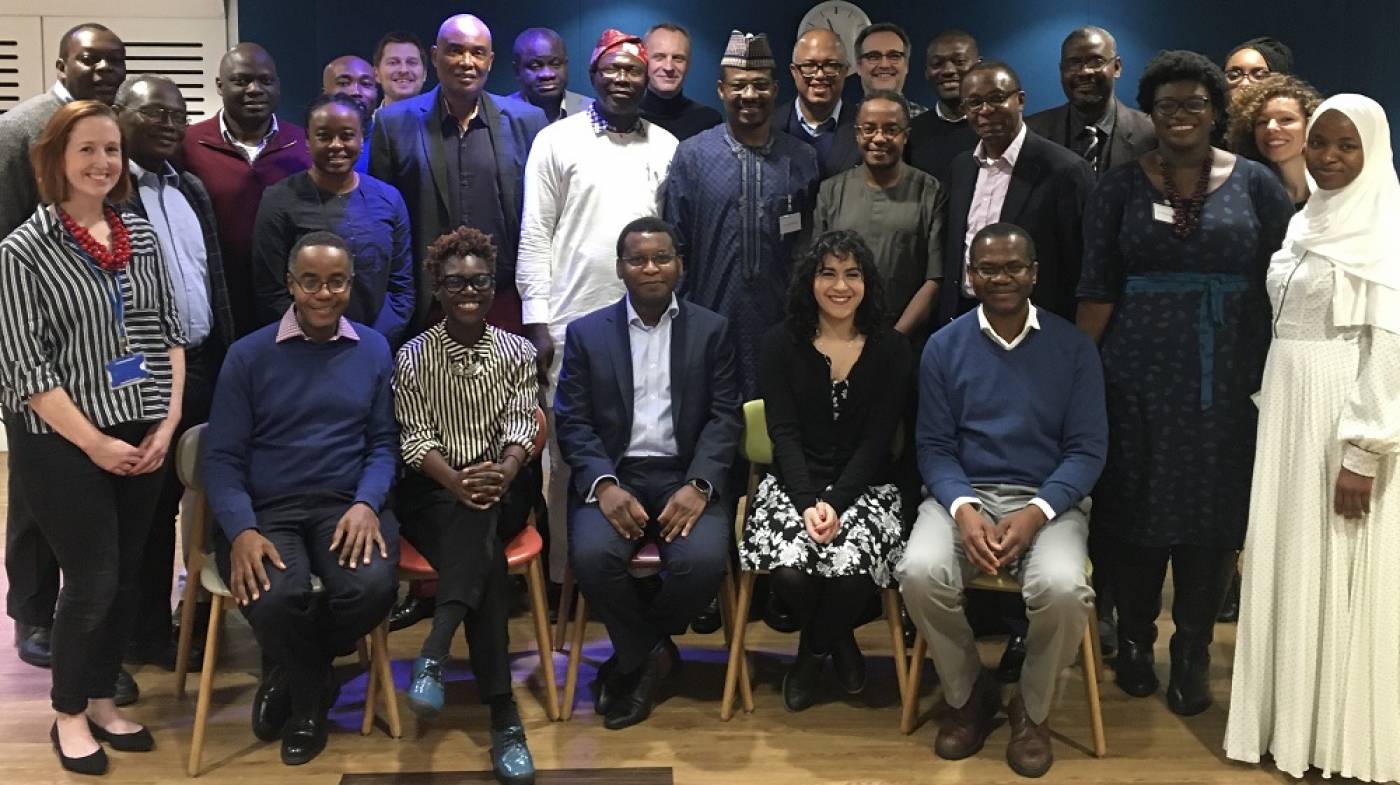
Informing the delivery of health goals for the next decade for Nigeria
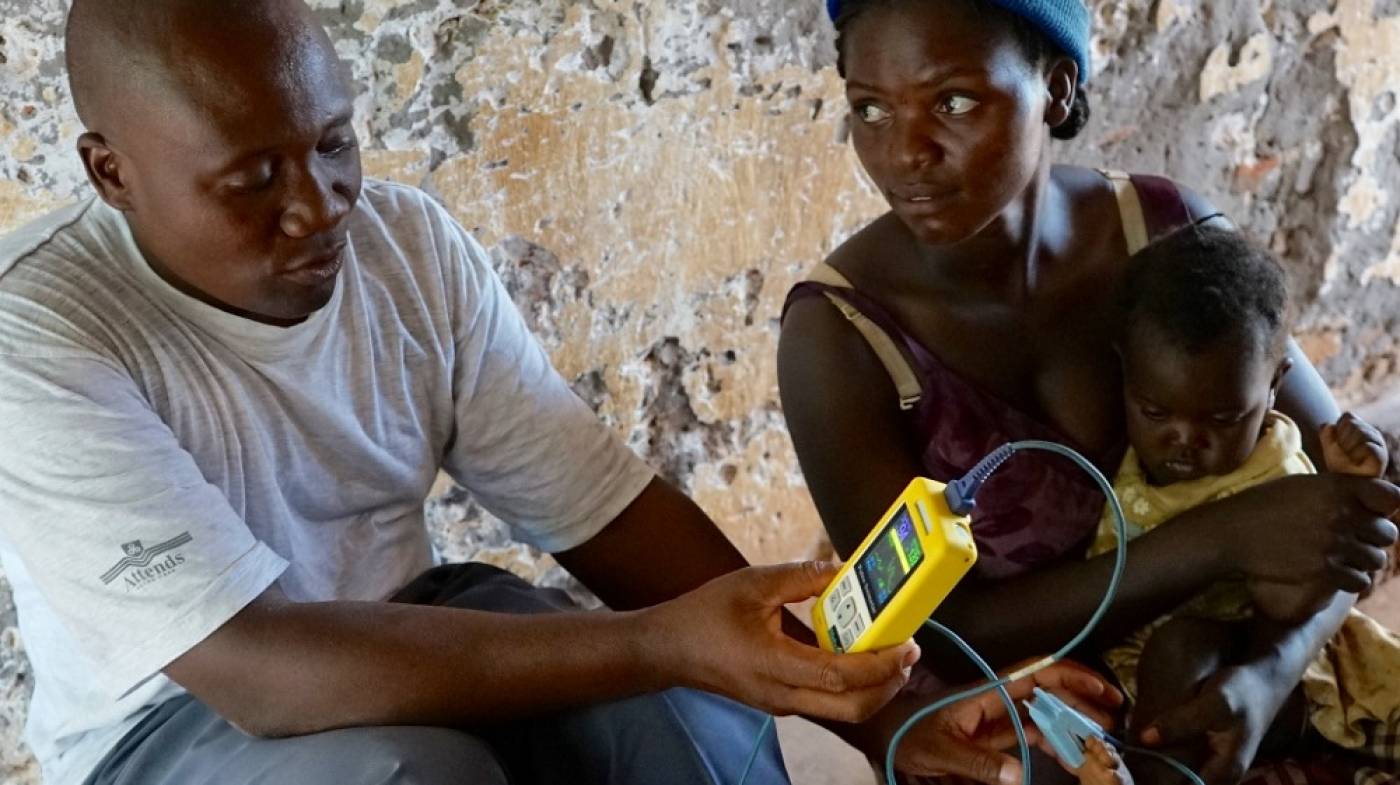
Development of a robust and reliable pulse oximeter for pneumonia
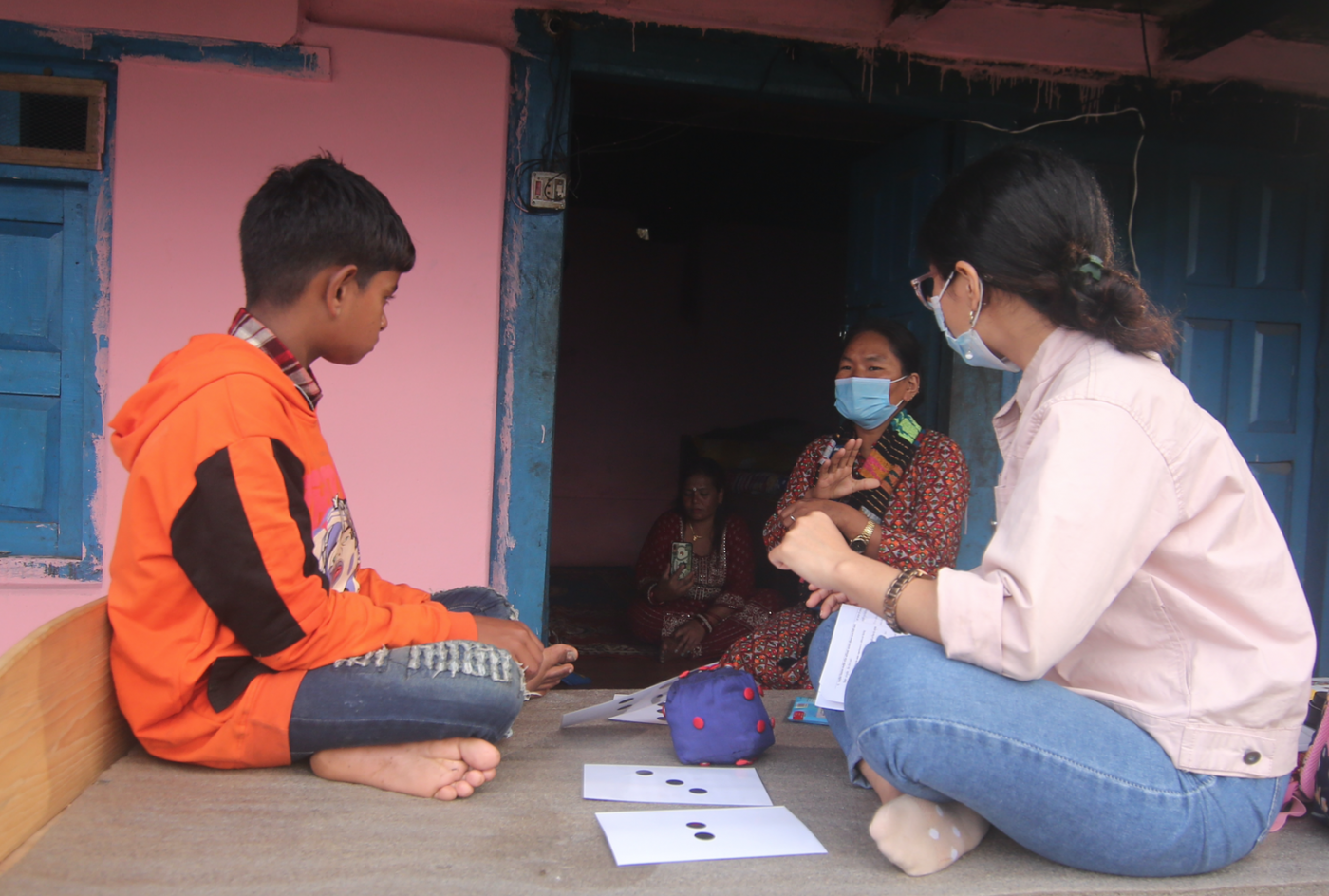
Participatory Action Research with Disabled Adolescents in Nepal (PARDAN)
Ongoing research focuses on the development and evaluation of interventions to improve maternal and newborn health, child growth and development, adolescent nutrition, sexual and reproductive health, mental health, protection for vulnerable children, and community mobilization to reduce violence against women and girls.
Strategic Priorities
Our objectives are:
The centre recently ran a series of web seminars about topical issues related to COVID-19. Please see links below.
Is Migrant Health Racialized:
The COVID-19 pandemic has exposed how the intersection of multiple forms of racialisation, discrimination and inequalities have devastating impacts on migrant health.
Are we moving backwards? The multiple jeopardy of gender-based violence, migration and COVID-19:
This webinar explores the triple jeopardy of GBV, migration and COVID-19. It unpacks the risks of GBV faced by migrants and how COVID-19 has put pressure on health systems worldwide.
 Close
Close

